Finalize issuance of annual land price list from January 1, 2026
Continuing the working program of the 5th Extraordinary Session, on the morning of January 18, at the National Assembly House, under the chairmanship of National Assembly Chairman Vuong Dinh Hue, the National Assembly voted to pass the Land Law (amended).
At the meeting, with the vast majority of National Assembly deputies voting in favor, the National Assembly officially passed the amended Land Law.
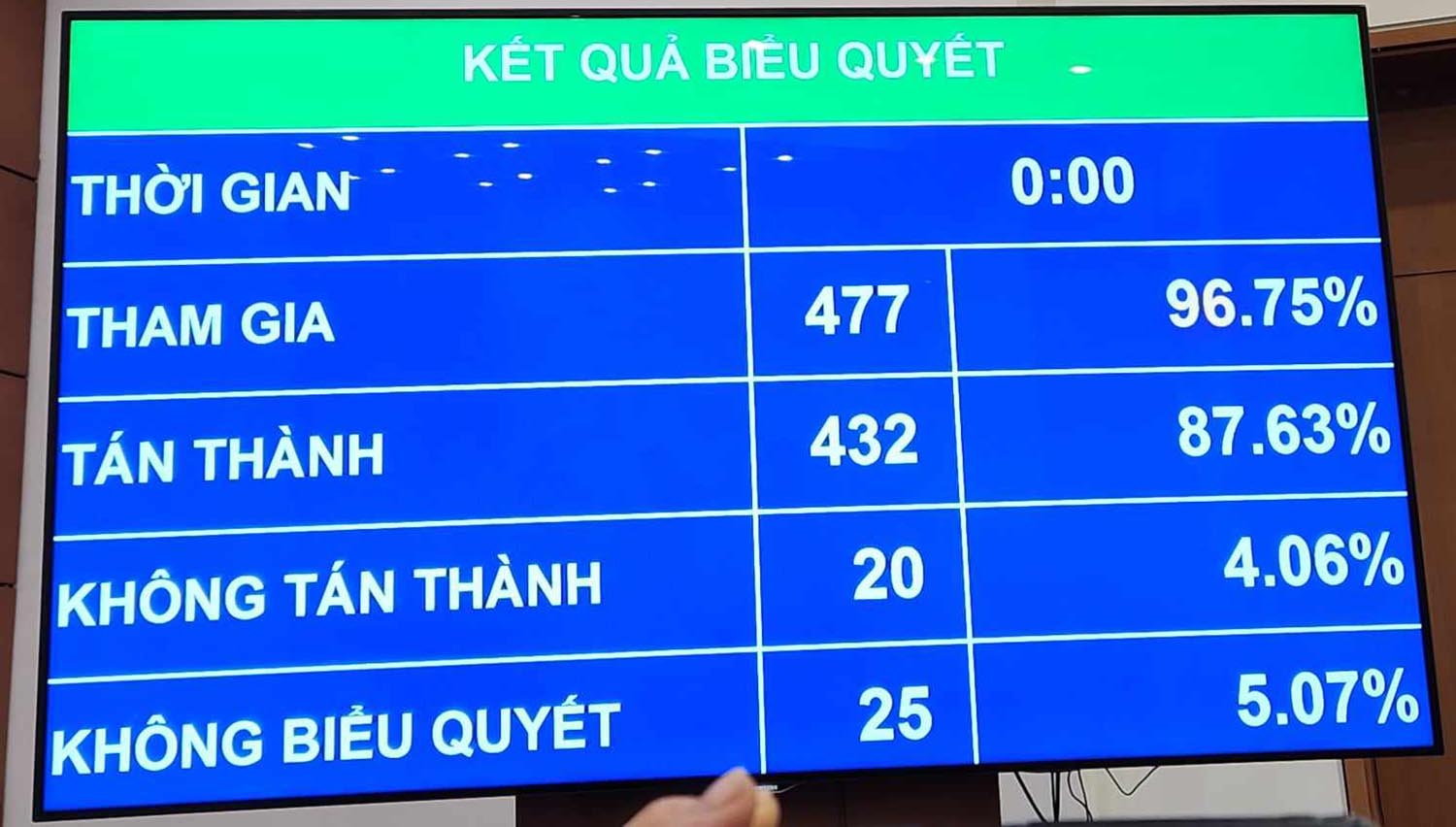
On behalf of the National Assembly Standing Committee, at the meeting, Chairman of the National Assembly's Economic Committee Vu Hong Thanh reported a summary of the explanation, acceptance, and revision of the draft Land Law (amended).
The draft law, after being received and revised, consists of 16 chapters and 260 articles; it has fully grasped and institutionalized in accordance with the spirit of Resolution No. 18-NQ/TW dated June 16, 2022 of the 5th Conference of the 13th Party Central Committee, in accordance with the Constitution, and is consistent and unified with the legal system.
The completion of specific contents and issues with many different opinions is suitable to the actual conditions of the country and implemented in accordance with the viewpoints identified in Resolution No. 27-NQ/TW dated November 9, 2022 of the 6th Conference of the 13th Party Central Committee.
Up to now, the National Assembly Standing Committee, the Government and agencies have reached a high consensus on the draft law that is eligible to be submitted to the National Assembly for consideration and approval.
Regarding the land price list (Article 159), Chairman Vu Hong Thanh said that there is a proposal to regulate the land price list every 5 years as per current law and adjust the coefficient K every year if there is a fluctuation.
According to the National Assembly Standing Committee, this content has been carefully researched by agencies and submitted to the National Assembly for discussion many times during the process of explaining, receiving, and revising the draft Law.
According to the provisions of the 2013 Land Law, the land price list is regulated every 5 years and must be adjusted and supplemented in case of fluctuations in market land prices.
However, in reality, there are very few cases where land price tables are adjusted during the application process, resulting in land price tables not accurately reflecting actual land prices on the market.
Institutionalizing Resolution No. 18/NQ-TW and on the basis of consensus among agencies, the draft law stipulates the issuance of annual land price lists to ensure close adherence to actual market developments and expand the scope of application of land price lists.
The draft law also stipulates that the provincial People's Committee is responsible for submitting to the provincial People's Council for decision to adjust, amend and supplement the land price list for promulgation and application from January 1 of the following year or to adjust, amend and supplement within the year and assign the Government to stipulate details to ensure that the land price list will be updated in accordance with reality.
To ensure the quality of land price lists, state management agencies at all levels need to further improve their capacity in the process of organizing law enforcement, completing the construction of digital databases and national land information systems to directly serve the work of land management and use. The National Assembly Standing Committee and the Government will direct the implementation of the law.
Thus, the land price list will be issued annually from January 1, 2026.
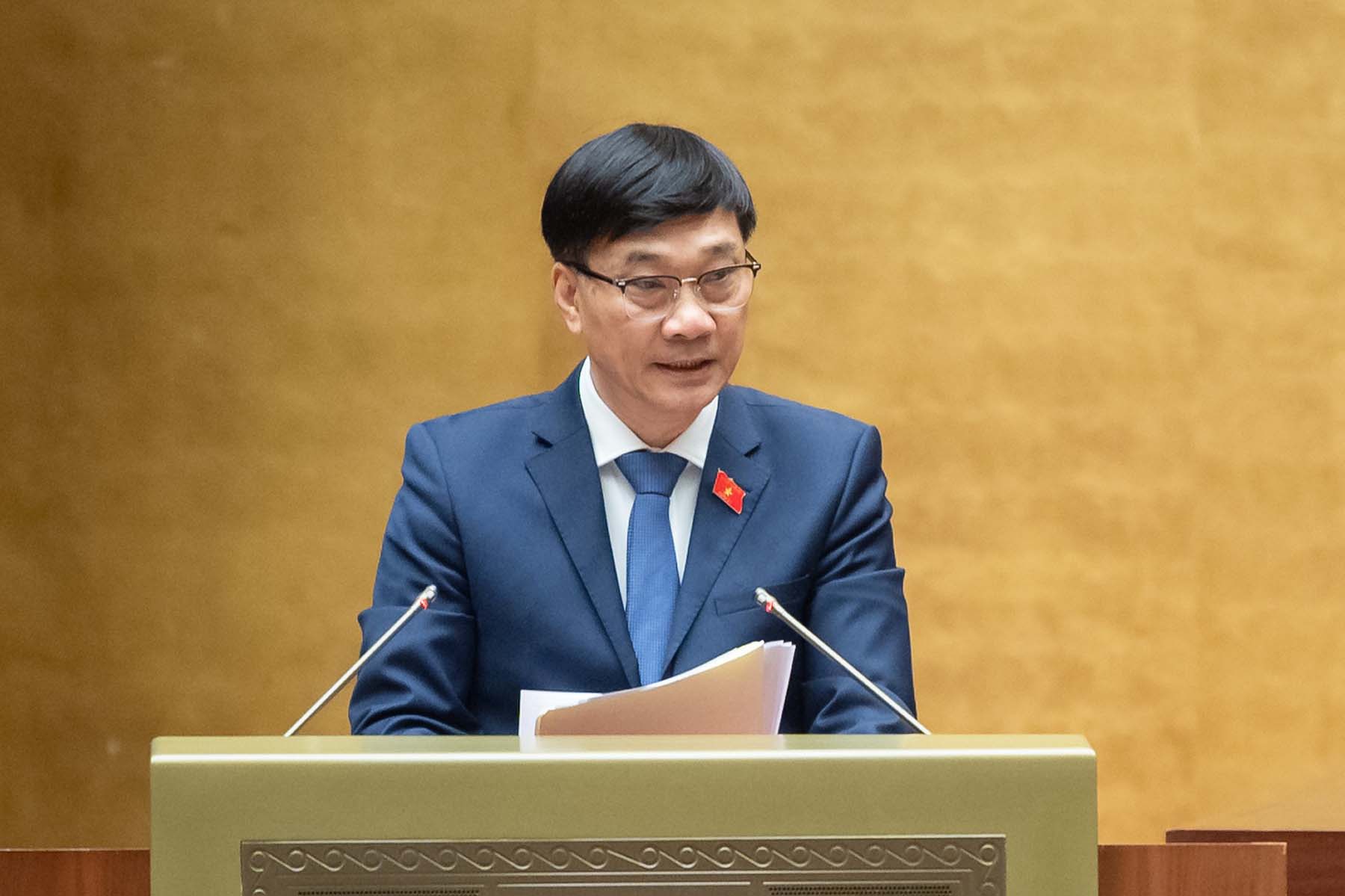
Granting red books for land without papers before July 1, 2014
Regarding the surplus method (point c, clause 5, Article 158), there is a suggestion that clause 5 does not stipulate the surplus method in land valuation.
According to the National Assembly Standing Committee, land valuation is a difficult issue. The content of the provisions in the draft law has been accepted by the National Assembly and the Government, and has been seriously studied to design valuation methods that are both inheritable and practical, innovative but must be comprehensive so that they can be applied to specific cases in the long term.
The draft law stipulates principles, clearly defining the content and cases and conditions for applying each method. The agencies have carefully considered and reached a high consensus on continuing to stipulate in the draft law the surplus method.
According to Chairman Vu Hong Thanh, in the context of Vietnam's current developing economy, the use of the surplus method based on future value estimates is necessary because there is no available information on similar projects that have been formed and traded to apply other valuation methods.
On the other hand, both scientifically and practically, the surplus method is still being used in the world as well as in Vietnam.
Notably, in Article 138, the law stipulates in the direction of considering the recognition of land use rights for households and individuals using land before July 1, 2014.
Source link






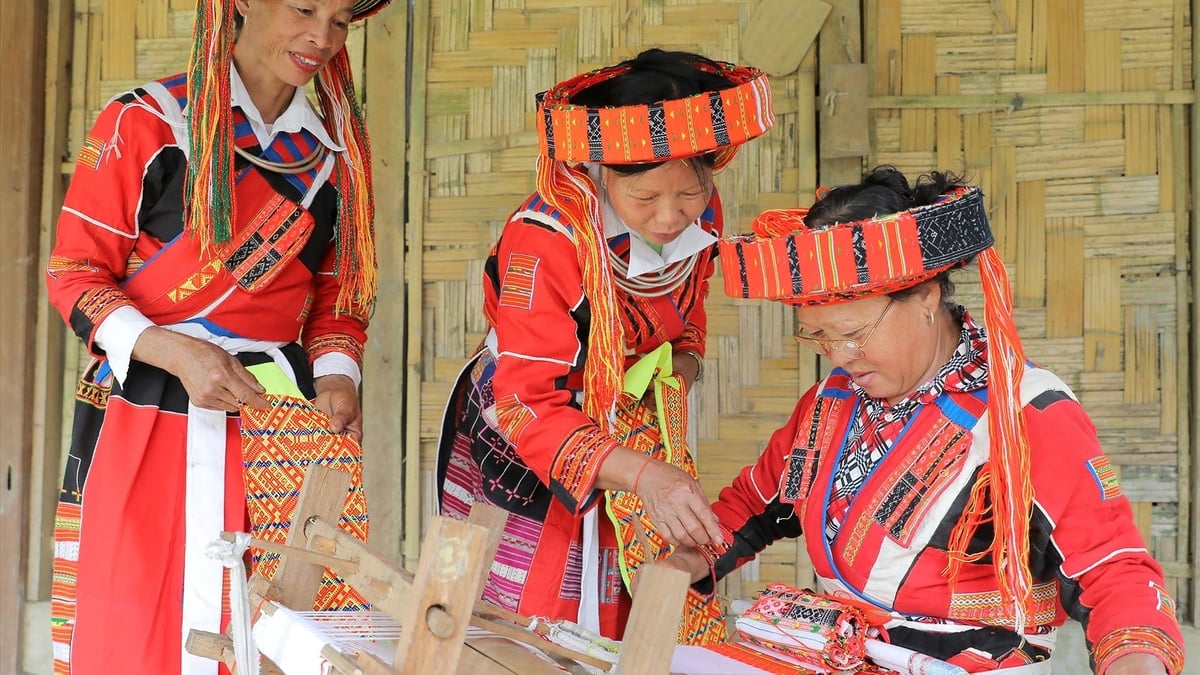






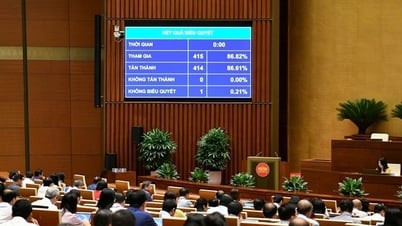


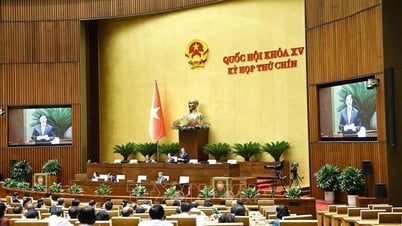



































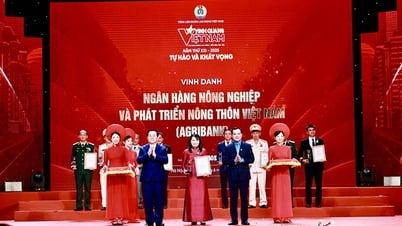

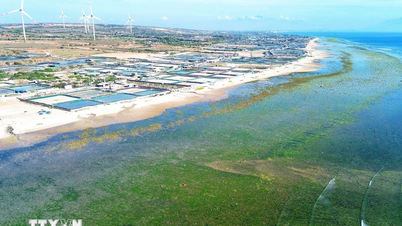
























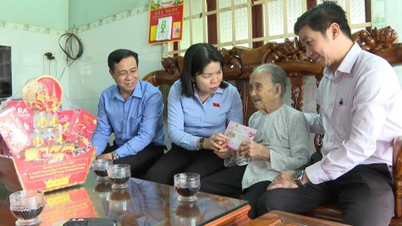















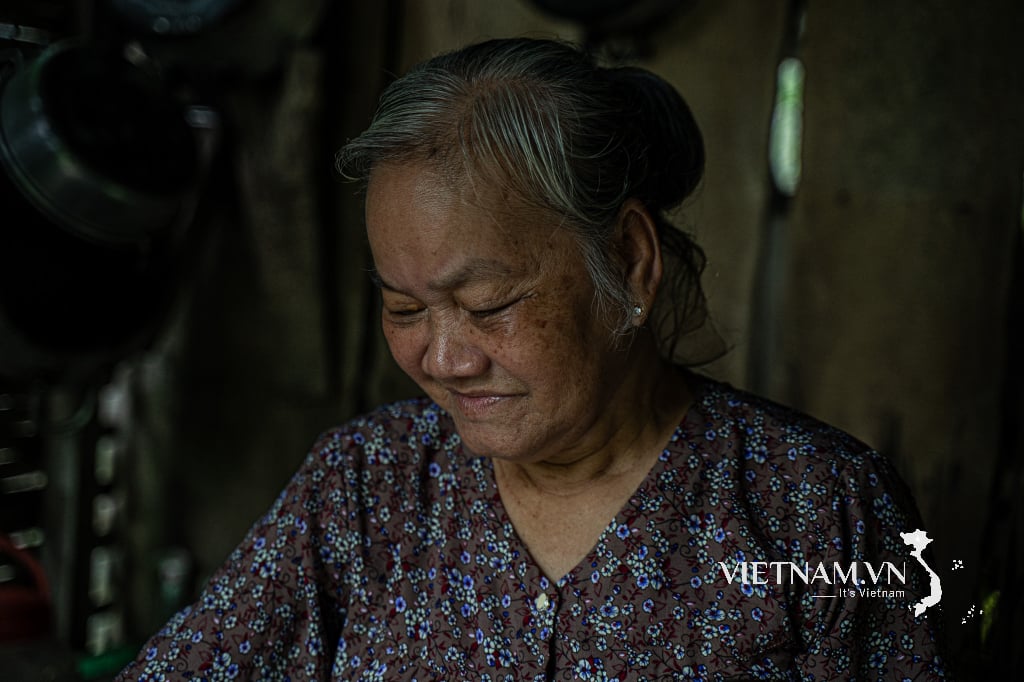


Comment (0)